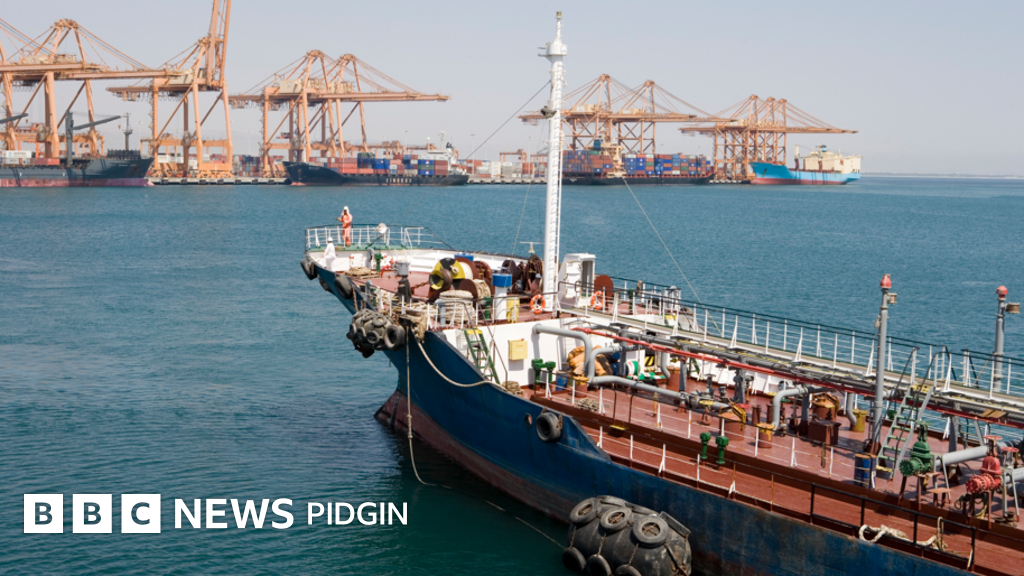Trump's Role in Iran-Israel Ceasefire & Related Actions

A ceasefire between Israel and Iran, brokered by US President Donald Trump, triggered a significant relief rally in global markets on June 24, 2025. The Indian rupee, in particular, experienced its strongest single-day surge in a month, closing at 85.9750 against the U.S. dollar, a 0.9% increase. This upward movement was primarily driven by a sharp drop in oil prices, a weakening dollar, and a general improvement in risk sentiment across Asian currencies. Brent crude futures fell more than 15% to $69 per barrel following the ceasefire announcement, providing relief to oil-importing nations like India. India's benchmark equity indexes, the BSE Sensex and Nifty 50, also initially gained.
However, the optimism was quickly tempered by conflicting reports regarding the ceasefire's adherence. Hours after the agreement was set to take effect, Israel accused Iran of firing several missiles, an allegation Tehran vehemently denied. These developments cast immediate doubt on the longevity of the truce, causing markets to pare some of their earlier gains. President Trump, who had announced the ceasefire as the culmination of a “12-Day War,” expressed intense anger over the alleged violations by both sides, notably chastising Israel for dropping a “load of bombs” shortly after the deal was made. Despite his frustration, Trump later affirmed that the ceasefire was holding and urged Israel to cease further attacks.
The ceasefire deal, which came after an intensive period of diplomacy at the White House and preceding US airstrikes on three Iranian nuclear facilities (to which Iran retaliated with rocket attacks on a US airbase in Qatar without casualties), underscored Trump’s 'go-it-alone' approach to foreign policy. He openly dismissed European diplomatic efforts, asserting that only the US had the standing to intervene and that “only American weapons could do what has been done.” This stance highlights his skepticism towards multilateral organizations like the G7 and NATO, preferring direct country-to-country interactions.
Amidst these geopolitical developments, President Trump traveled to a consequential NATO summit in Noordwijk, Netherlands, hoping to bolster his image as a peacemaker. His arrival with a freshly brokered ceasefire was intended to vindicate his actions and demonstrate his ability to resolve conflicts. The summit itself was meticulously planned to avoid antagonizing Trump, focusing on a final statement that would formalize a new commitment for NATO members to raise annual military spending targets to 5% of GDP, a figure Trump had consistently demanded. Despite these efforts, divisions remained, particularly concerning the war in Ukraine and the application of new sanctions on Moscow.
In recognition of his role in de-escalating the Iran-Israel conflict, Donald Trump has reportedly been nominated for the 2025 Nobel Peace Prize by U.S. House Representative Buddy Carter. Carter lauded Trump’s “extraordinary and historic role” in ending the conflict and averting a broader regional war, specifically referencing Iran's suspected pursuit of nuclear weapons. This nomination comes as tensions in the Middle East persist despite the truce, and follows an earlier nomination for Trump based on the global impact of his 2024 election win. Meanwhile, a new CNN poll indicated broad unpopularity among Americans for Trump’s decision to launch airstrikes against Iran, with 56% disapproving.













